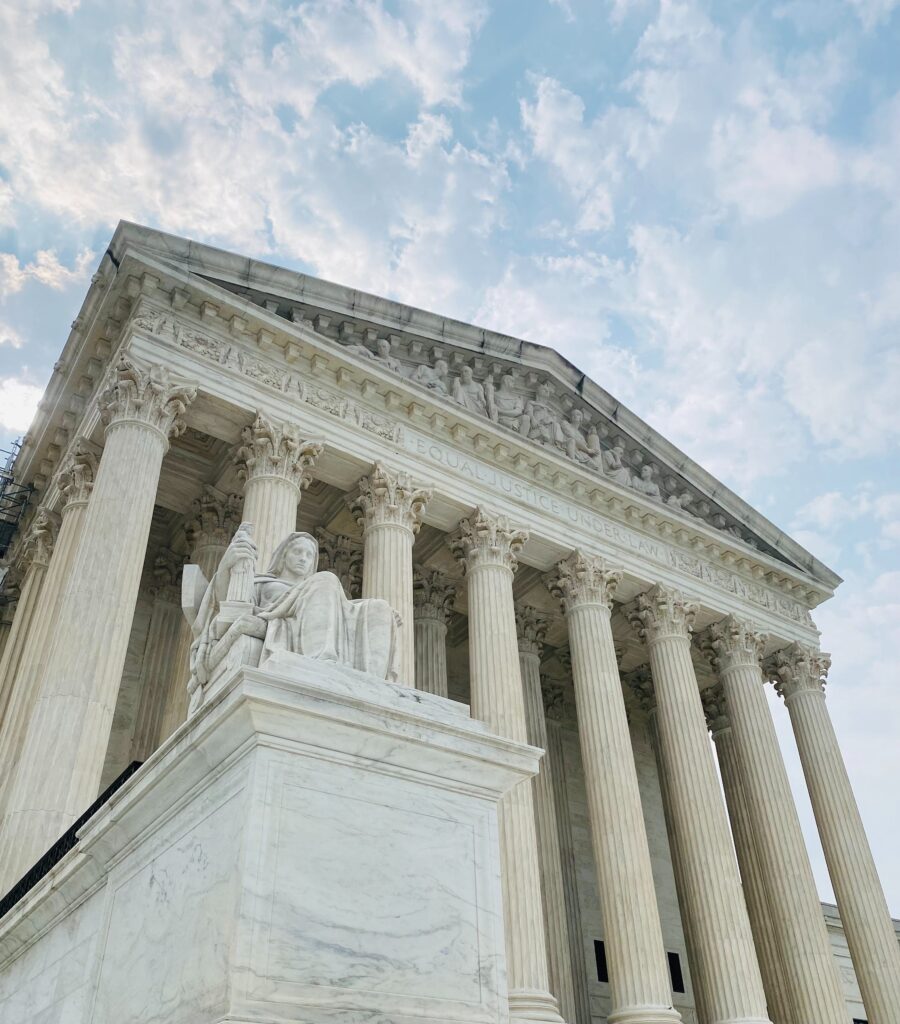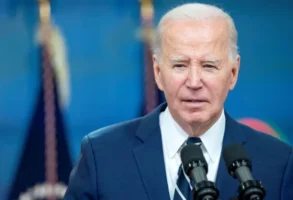
Published February 2, 2024
Recent media headlines about the latest abortion cases could lead one to believe that state abortion laws require pregnant women to die in emergency rooms and that federal law requires “emergency abortions.” Both beliefs are wrong.
These misleading headlines center on litigation in Idaho and Texas involving the states’ abortion laws and a federal law called the Emergency Medical Treatment and Labor Act or EMTALA.
All state abortion laws provide protections for the mother’s life. Idaho’s Defense of Life Act prohibits abortions except when “necessary to prevent the death of the pregnant woman” and in the first trimester when the pregnancy is a result of rape or incest. Texas’ Human Life Protect Act prohibits abortion except when a “life-threatening physical condition . . . places the female at risk of death or poses a serious risk of substantial impairment of a major bodily function.”
After the Supreme Court’s Dobbs decision overturned Roe v. Wade and returned the issue of abortion “to the people and their elected representatives,” the Biden administration sought workarounds to state pro-life laws. These efforts include claiming federal laws, such as EMTALA, impose abortion mandates.
EMTALA, which was enacted in 1986 to ensure patients could receive emergency services even if they were unable to pay, requires Medicare-funded hospitals to do three things: medically screen, stabilize, and appropriately transfer an individual with an “emergency medical condition.” The law defines “emergency medical condition” as:
a medical condition manifesting itself by acute symptoms of sufficient severity (including severe pain) such that the absence of immediate medical attention could reasonably be expected to result in—(i) placing the health of the individual (or, with respect to a pregnant woman, the health of the woman or her unborn child) in serious jeopardy, (ii) serious impairment to bodily functions, or (iii) serious dysfunction of any bodily organ or part.
EMTALA only preempts state law if it “directly conflicts.” At its heart, EMTALA is a pro-life law; it mentions “unborn child” four times and imposes a duty to care for the child as well as the mother. Significantly, EMTALA does not mandate any medical treatment, especially abortion.
Within weeks of the Dobbs decision, the Department of Health and Human Services issued new guidance claiming that EMTALA could require hospitals to perform abortions as “stabilizing treatment” and could preempt state abortion laws if their exceptions are narrower than EMTALA’s emergency medical condition definition.
Shortly after, the Department of Justice sued Idaho, claiming EMTALA preempted its abortion law. Simultaneously, Texas and two pro-life groups (the American Association of Pro-Life Obstetricians and Gynecologists and the Christian Medical and Dental Associations) sued HHS to prevent the department from enforcing its EMTALA guidance against Texas’ abortion law and the groups’ members.
For a more in-depth discussion of the litigation, see my summary here. But in short, Idaho’s law was enjoined while Texas’ law was upheld.
Idaho appealed to the Supreme Court, which agreed to hear the case. The oral argument will be in April when the court will decide “whether EMTALA preempts state laws that protect human life and prohibit abortions, like Idaho’s Defense of Life Act.” A final ruling is expected in June.
The Supreme Court’s decision to take the case and allow Idaho’s law to be in effect in the interim bodes well for state pro-life laws.
Rachel N. Morrison is a Fellow at the Ethics and Public Policy Center, where she directs EPPC’s HHS Accountability Project. An attorney, her legal and policy work focuses on religious liberty, health care rights of conscience, the right to life, nondiscrimination, and civil rights.











